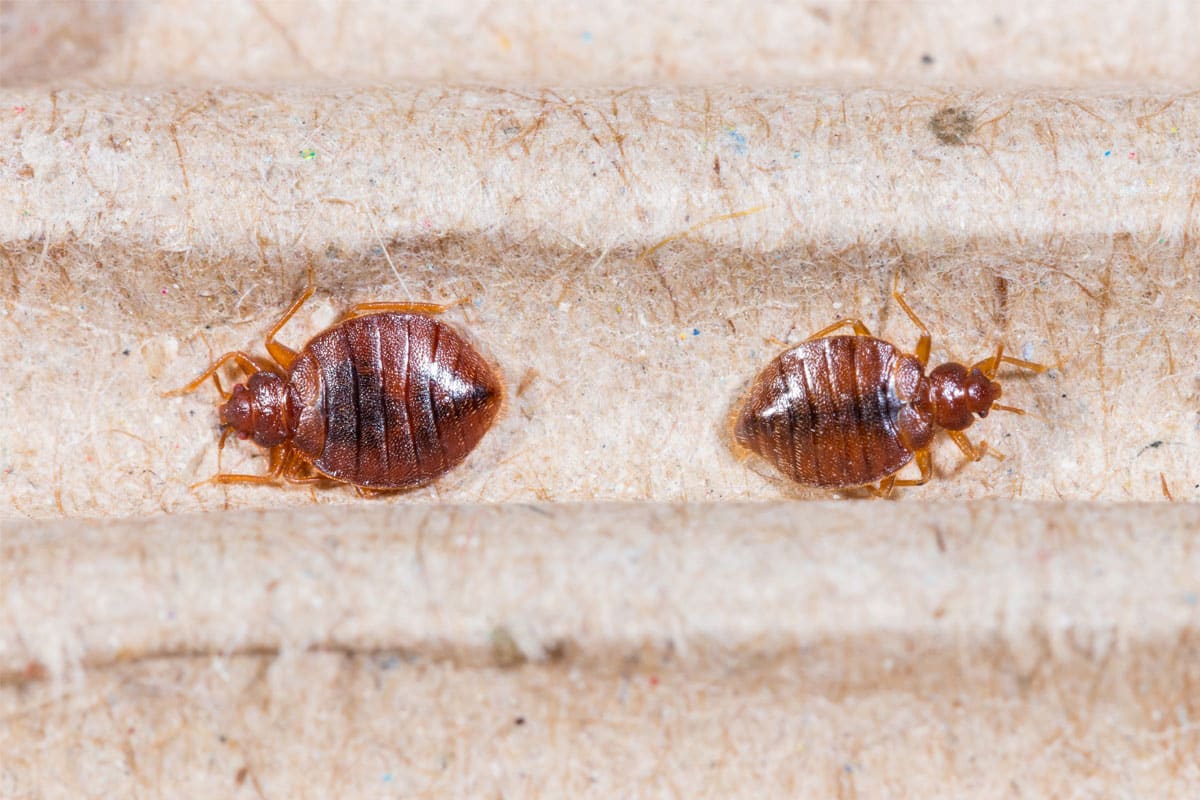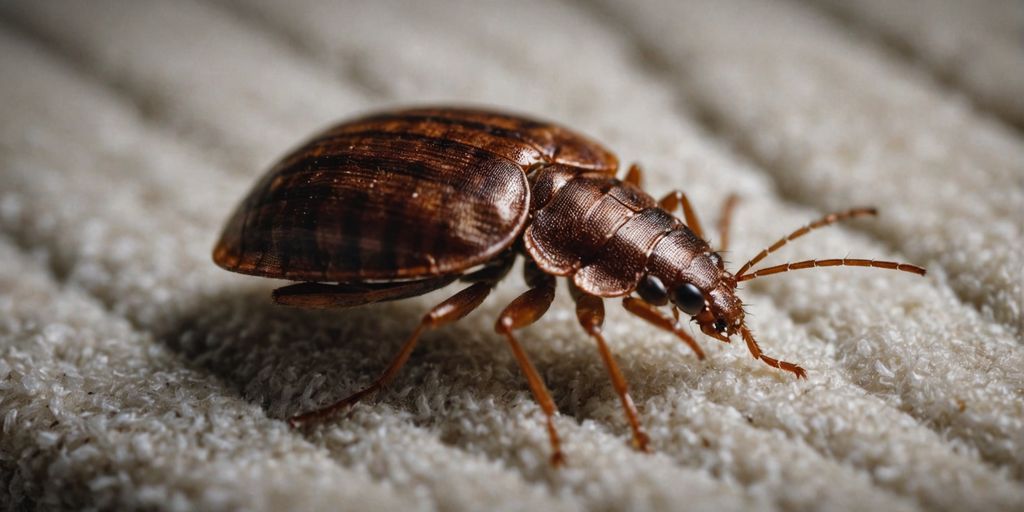Efficient Bed Pest Treatment Techniques: A Trick Part of Insect Control
The rebirth of bed bug invasions has actually underscored the requirement for effective therapy strategies within the insect control market. These resistant pests, with the ability of evading standard methods, demand a diverse strategy that incorporates both standard and innovative methods. Recognizing their actions is important, as is the execution of advanced technologies and safety nets. Despite the range of choices offered, the question remains: what mix of strategies verifies most efficient in not only eliminating these insects yet also preventing their return? Discovering this intricate concern can cause more informed practices and better end results for those influenced.
Recognizing Bed Insect Actions

Among the defining attributes of bed pests is their ability to duplicate quickly. A single woman can lay thousands of eggs in her life time, resulting in speedy populace growth if left untreated. Additionally, bed insects can endure for several months without feeding, enabling them to withstand durations of host absence, which can impede prompt monitoring efforts.

Conventional Therapy Approaches
While modern-day approaches to bed bug monitoring have gained popularity, conventional treatment techniques stay fundamental in addressing infestations. These techniques mostly consist of chemical therapies and physical treatments.
Chemical chemicals, such as pyrethroids and neonicotinoids, have actually been traditionally used to eliminate bed bugs. These substances function by interfering with the nerve system of the parasites, leading to their eventual demise. Nevertheless, because of the growth of resistance amongst bed insect populations, efficiency can vary.
Physical methods, consisting of warmth therapy, have actually additionally belonged to standard techniques. This includes raising the temperature of infested areas to a dangerous degree for bed insects, normally around 120 ° F(49 ° C) for sustained periods. This method is specifically advantageous as it can pass through numerous materials and does not leave chemical residues.
In addition, detailed cleansing methods, such as vacuuming and washing infested bed linens and clothes, are important in this strategy. Securing cracks and holes, together with making use of bed mattress encasements, can likewise stop bed bugs from establishing themselves in living spaces. Jointly, these conventional methods offer an essential foundation for taking care of bed insect infestations efficiently.
Modern Technologies in Treatment
The landscape of bed insect therapy has actually evolved considerably with the introduction of contemporary advancements that improve efficiency and effectiveness in managing infestations - Bed Bug Treatment. One of the most remarkable advancements is using heat treatment, which includes increasing the temperature of infested areas to levels dangerous to bed pests. This technique not just eradicates grown-up pests however likewise targets eggs, therefore disrupting their reproductive cycle
Another innovation is the application of sophisticated tracking systems, such as bed bug detection pets and high-tech catches furnished with sensors. These tools aid recognize invasions early, enabling timely treatment. In addition, the advancement of insecticides with novel modes of activity, created to conquer resistance, ensures that parasite control experts have effective options at their disposal.
Additionally, the assimilation of modern technology in insect control management, such as information analytics and mobile applications for tracking and reporting problems, improves the therapy procedure. These advancements collectively add to more sustainable and effective bed pest management techniques, mirroring the sector's ongoing commitment to boosting pest control end results. Therefore, both building owners and bug monitoring professionals can come close to problems with greater confidence and precision.
Preventative Actions for Infestations
Effective prevention approaches are vital in minimizing this link the danger of bed insect problems, with proactive steps playing an essential role in securing both household and industrial rooms. Among the most efficient methods is routine examinations of living and work areas, especially in areas where individuals frequently gather, such as hotels and public transport. Early discovery can substantially lower the opportunities of a problem coming to be developed.

Another safety net involves the careful evaluation of second-hand furniture and garments before bringing them into your area. Using protective encasements on mattresses and box springs can also offer an efficient barrier versus bed bugs.
Lastly, educating locals and workers about the indications of bed insect presence, such as small blood discolorations or dark places on sheets, encourages people to act swiftly if they presume an invasion, consequently minimizing the possibility of widespread concerns.
(Bed Bug Treatment)
When to Look For Expert Help
Identifying the indicators of a bed insect problem beforehand can make a substantial difference in managing the issue efficiently. Tiny, brownish bugs, along with rustic stains on bed linens, are signs that should not be ignored. If these signs are obvious, it is important to assess the seriousness of the scenario.
Seeking specialist help is suggested when the infestation is considerable or when DIY techniques fall short to yield results. Bed insects are notoriously resistant, and their ability to conceal in hard-to-reach locations complicates therapy initiatives. If you notice that bed bugs come back regardless of duplicated attempts to remove them, it may be time to seek advice from a pest control specialist. Furthermore, if you live in a multi-unit building, it is necessary to entail professionals at an early stage to stop the spread of the infestation to surrounding systems.
Finally, individuals with allergies or breathing problems need to focus on professional treatment. The chemicals made use of in bug control can position health risks otherwise applied properly. Ultimately, involving a qualified bug control service ensures a complete and effective resolution to bed bug troubles, safeguarding your home and wellness.
Final Thought
Effective bed pest therapy techniques are critical in managing infestations and minimizing their effect. A comprehensive strategy that integrates traditional approaches with modern-day advancements enhances therapy effectiveness and addresses resistance concerns. Preventative procedures and regular assessments play a crucial role in lowering the probability of infestations. Eventually, comprehending bed insect actions and understanding when to look for professional support make certain that effective administration methods are employed, adding to lasting pest control success.